This academic year 2016/17, two research groups of the UVic-UCC, MECAMAT (Mechatronics and modeling applied to the technology of materials) and TR2Lab (Tissue Repair and Regeneration) have started a teaching collaboration to build synergies aimed at approximating two areas of activity (engineering and biomedical) of the Faculty of Sciences and Technologies.

The two research groups started their collaboration due to the final Project of Marcel Prat Prat, a fourth-degree student of the Mechatronics Engineering Degree and Industrial Electronics and Automatic Engineering Degree. His project consisted of designing and building a low-cost universal machine that tests and controls resistance to tension and compression of biological tissues, as well as, synthetic materials with similar properties.
This new machine has, already, been used to test the biological samples that the student Jorge Garcia (a fourth-degree student of the biotech degree) prepared in the framework of his final work degree. Jorge has done his final work degree in the TR2Lab and his experiments are part of one of the TR2Lab research projects.
Figure 1. Marcel Prat Prat with the machine that he has built.
Figure 2. Decellularized pig carotid artery submitted at a tensile test. Figure 3. Collagen fibers of decellularized artery after tensile test.
This machine will remain at the Materials Laboratory of the Science and Technology Faculty. Biomedical engineering degree and other engineering degrees that study materials, and in which members of TR2Lab and MECAMAT participate as lecturers, can use this machine on their practical courses. The Universal machine will also be useful to test biological tissues in the context of TR2Lab research.
Acknowledgments: Judit Molera (Director of Mechatronics, Modelling, and Materials research group), Pau Català (Member of the Mechatronics, Modelling, and Materials research group) and Marcel Prat (student of Mechatronics degree who built the new machine for testing decellularized pig arteries).
[su_youtube url=”https://www.youtube.com/watch?v=dL38_K38Rwc&feature=youtu.be”]


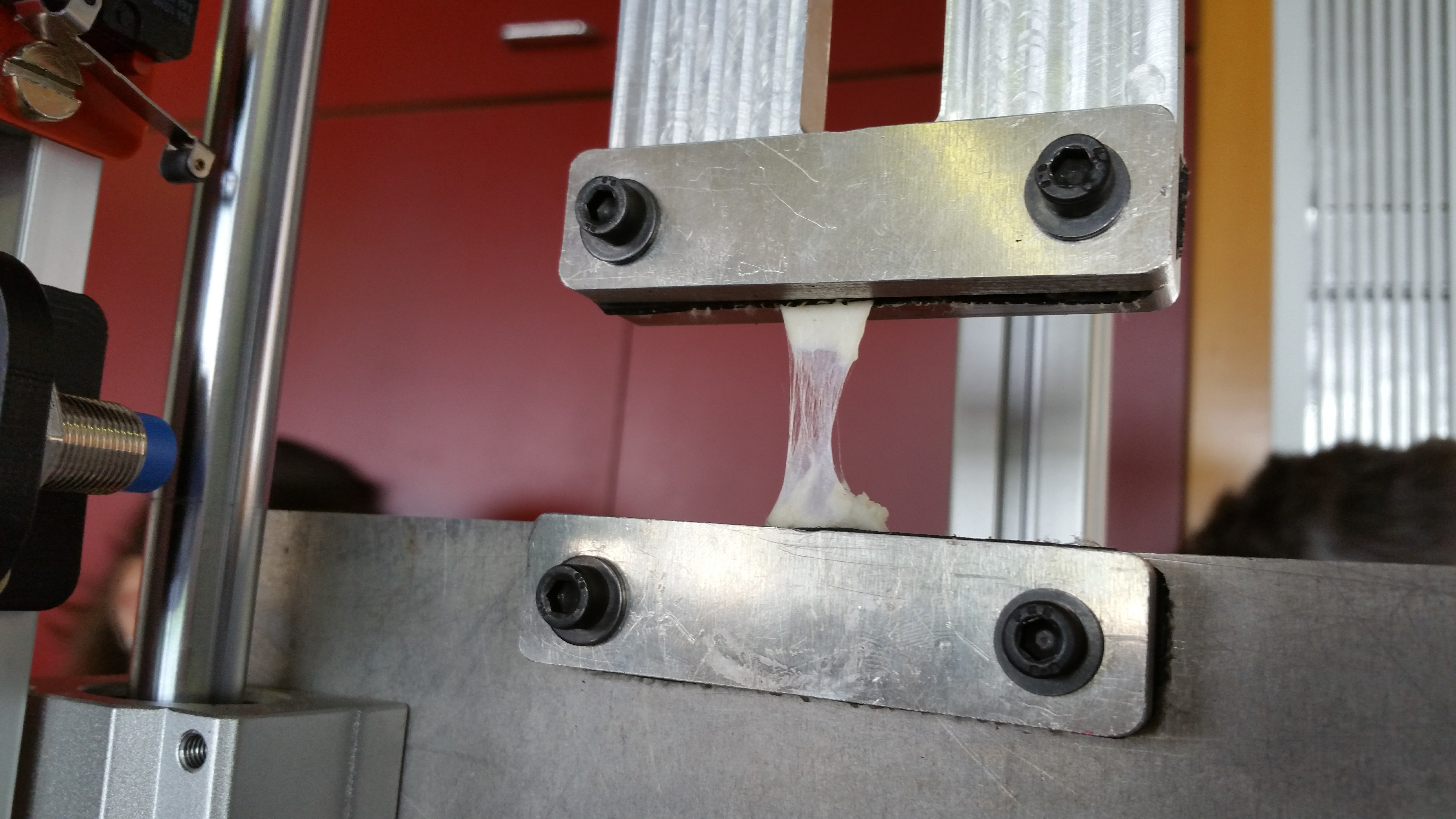
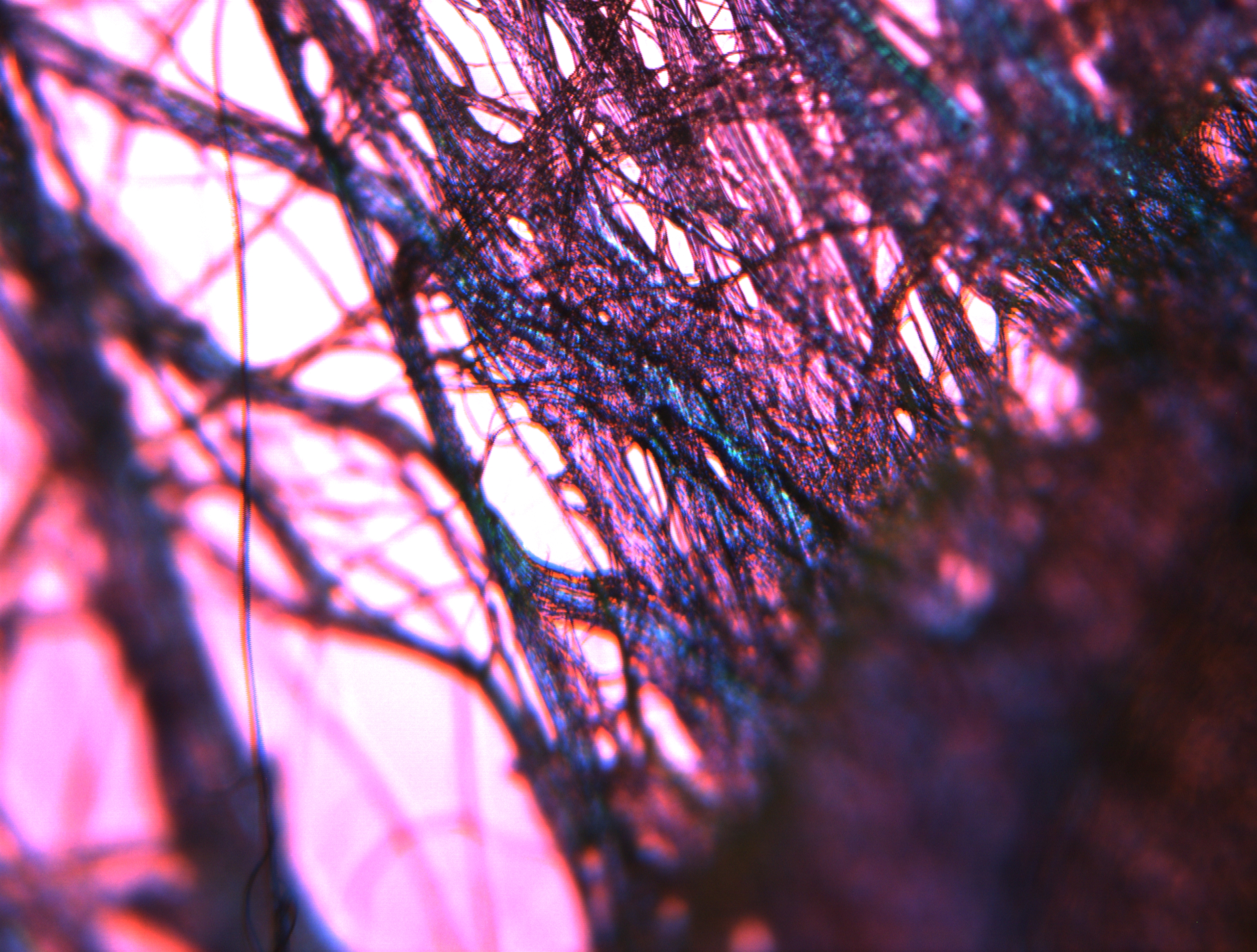
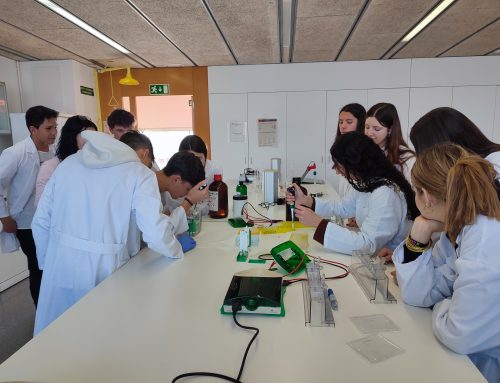
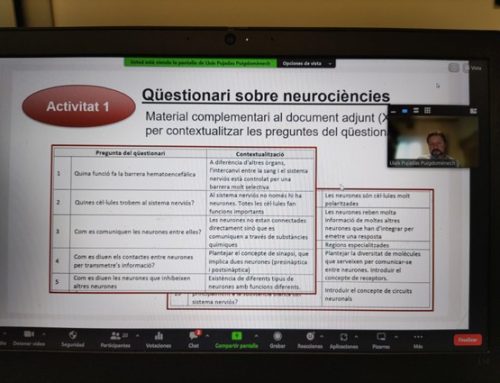
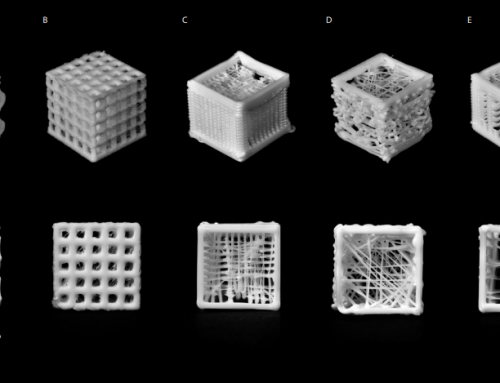






Leave a Reply